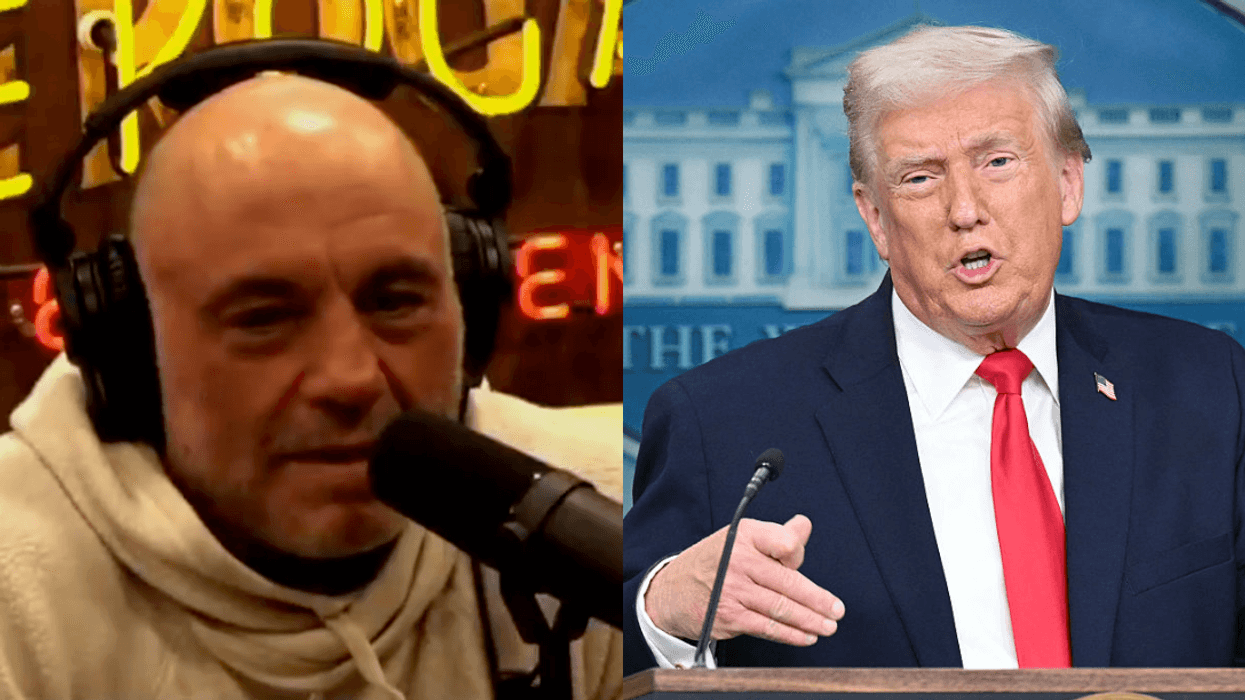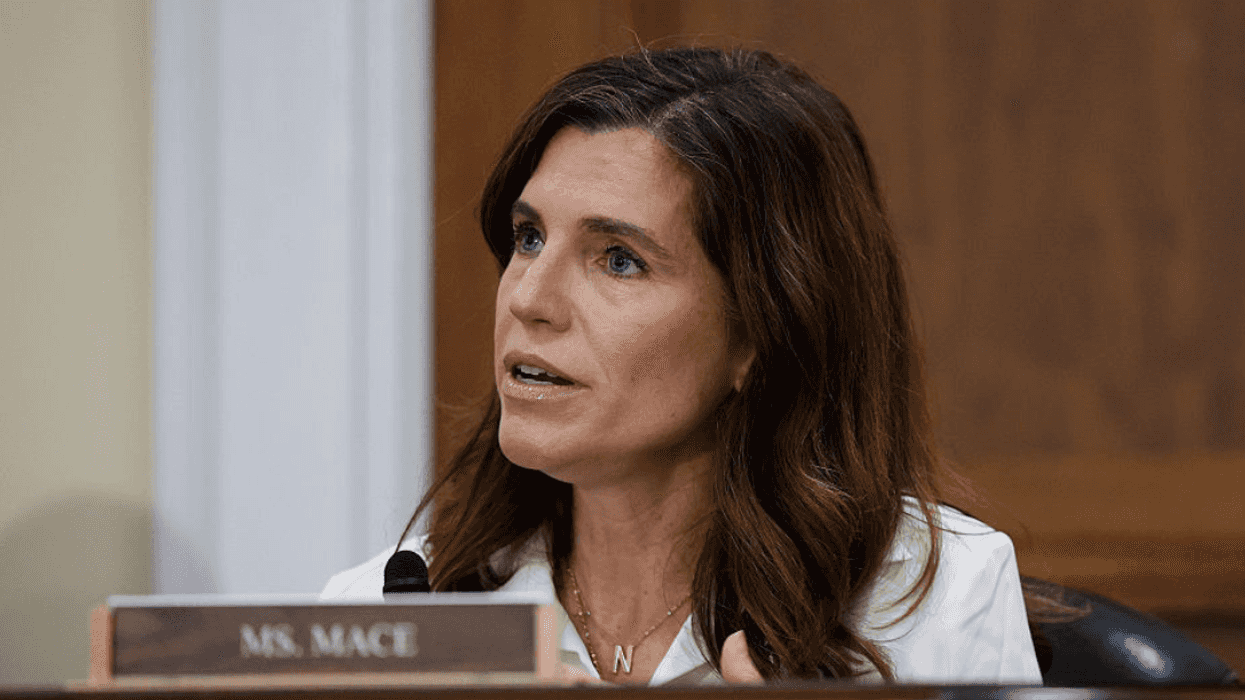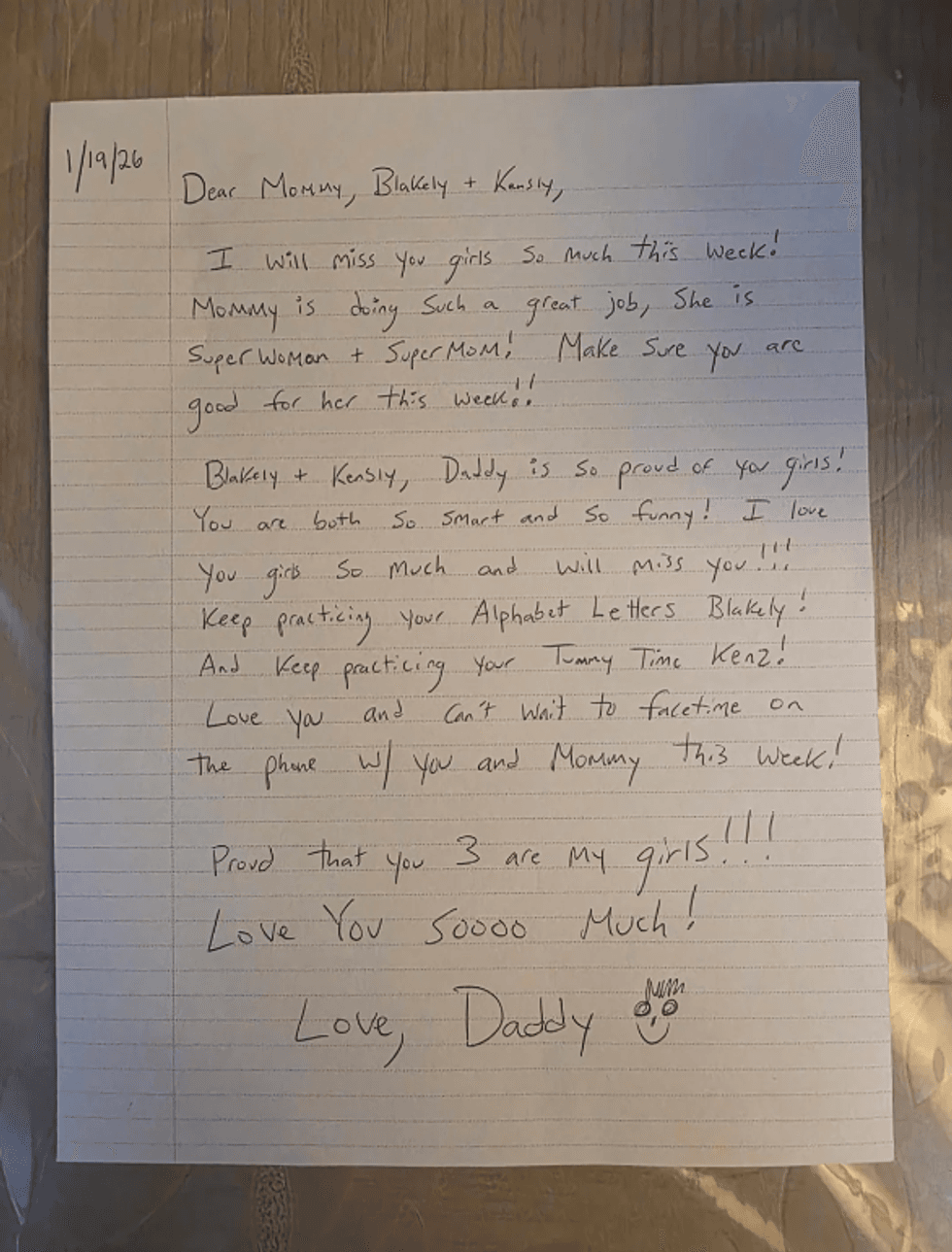The U.S. birth rate has hit a 30-year low. The CDC reported that in 2016, the most recent available data, births totaled 3,941,109, down 1 percent from 2015. So is that good or bad? It depends.
In many ways, the report contains good news. For instance, births to teenagers between 15 and 19 years of age dropped 9 percent in the same one-year time period; even better, the birth rate for teens has dropped 51 percent since 2007. This is generally viewed as a positive, as babies born to teenagers are at higher risk for health issues such as low birth weight and developmental delays; are more likely to drop out of school, end up in foster care or prison; and are significantly more likely to grow up in poverty.
States in which comprehensive sex education and birth control were most available saw the greatest reductions in teen pregnancy. In Colorado, where billionaire Warren Buffett funded an 8-year grant to provide birth control to teenagers, the teen pregnancy rate and teen abortion rate fell by nearly 50 percent, saving taxpayers roughly $70 million in labor and delivery, well-baby check-ups, food stamps and child-care assistance — a figure that doesn’t even include education, healthcare and other ongoing costs.
Meanwhile, in Texas, which closed 82 family planning clinics and promotes abstinence-only sex education, teen pregnancy, STD, and teen abortion rates increased.
“With access to the Affordable Care Act, there has been greater access to birth control,” which has probably contributed to the decline, says Amy Sparks of the University of Iowa’s Department of Obstetrics and Gynecology. “It may also reflect better education.”
The birth rate didn’t just decrease among teenagers; women in the 20-24 age group also saw a 4 percent decrease in births, and women in the 25-29 age group saw a 2 percent decrease. Between the ages of 30 and 49, birth rates actually went up, suggesting that women are waiting to achieve educational goals, financial security, and marriage before starting a family. The numbers of babies born to unwed mothers dropped 2 percent. This is all good news.
From an environmental standpoint, a lower birth rate is also positive. A global population that has more than doubled in the past half-century is a strain on resources. To make room for more humans and the cars, homes, food production and products they require, we have sacrificed clean water and air, a stable climate and biodiversity. A new study published in the Proceedings of the National Academy of Sciences, found that humans, who represent just 0.001 percent of life forms on Earth, have been responsible for the destruction of 83 percent of wild mammals. Humans and their livestock now represent 96 percent of all mammals on Earth. Marine mammals, plants, fish and other life forms are also in the midst of a mass extinction to make room for humans and their activities.
There is a downside to stabilizing the population, however. Fewer babies mean fewer sales for companies that sell products and services aimed at children. It also means fewer workers to expand the economy and pay taxes — taxes that help support their parents and grandparents.
"Demographics have a really powerful impact on the economy," said Kathy Bostjancic, an economist at Oxford Economics. She said that 10 years ago, the number of Americans working or looking for work was growing about 1 percent annually. That figure has since fallen to about a 0.3 percent growth rate, impacting the United States' long-term growth.
Fertility rates typically mirror the economy. The crash of 2008 was followed by a dip in the birth rate, for instance. The economic recovery is now nearly a decade old, however. So what’s up with the birth rate? Well, remember, for women in the adult age ranges, it’s doing just fine. The data indicates that Millennials are waiting for financial or relationship stability to start a family, but when they reach that point, they go for it — despite concerns about “too much Netflix, not enough chill,” blame can’t be laid at their feet. In fact, by not having children in their teens, Millennials have actually improved their generation’s financial outlook.
Take a closer look at the Millennials, however, and factors such as high housing costs, an overwhelming student debt burden, record high consumer debt, and a delayed entry into the labor market have been a drag on their ability to attain many traditional “adult milestones.” They also have been paying attention, and may have noticed parents complaining about the high cost of child care (an average of $8,320 per year), the hostility of most workplaces to mothers, and the lifetime financial penalty women face for having children.
“The reality is, for all its pro-family rhetoric, the U.S. is a remarkably harsh place for families, and particularly for mothers,” said Amy Westervelt, author of “ Forget “Having It All”—How America Messed Up Motherhood, and How to Fix It. She also notes that her generation’s concerns about climate change have had a chilling effect on their attitude towards reproducing. “Because a small handful of men decided that their own profits and comfort were more important than the rest of the world’s safety, any new humans that join the world will face greater challenges than the generation that came before.”
So what’s the solution? Well, two things.
We could bring that teen birth rate back up. Trump’s family planning policies, which range from increasing funding for abstinence-only sex education to attempts to shut down family planning programs, will do just that, if the data from states that have enacted such policies play out on a national level.
We could also permit more immigration, relieving the pressure on parts of the world where the birth rate is skyrocketing, and providing an immediate, much-needed source of workers and future babies for a U.S. economy that is struggling to find enough workers.
Guess which plan Trump prefers?














 Awkward Pena GIF by Luis Ricardo
Awkward Pena GIF by Luis Ricardo  Community Facebook GIF by Social Media Tools
Community Facebook GIF by Social Media Tools  Angry Good News GIF
Angry Good News GIF 
 Angry Cry Baby GIF by Maryanne Chisholm - MCArtist
Angry Cry Baby GIF by Maryanne Chisholm - MCArtist 
 @adriana.kms/TikTok
@adriana.kms/TikTok @mossmouse/TikTok
@mossmouse/TikTok @im.key05/TikTok
@im.key05/TikTok @biontrtwff101/TikTok
@biontrtwff101/TikTok @likebrifr/TikTok
@likebrifr/TikTok @itsashrashel/TikTok
@itsashrashel/TikTok @ur_not_natalie/TikTok
@ur_not_natalie/TikTok @rbaileyrobertson/TikTok
@rbaileyrobertson/TikTok @xo.promisenat20/TikTok
@xo.promisenat20/TikTok @weelittlelandonorris/TikTok
@weelittlelandonorris/TikTok @katiebullit/TikTok
@katiebullit/TikTok @rube59815/TikTok
@rube59815/TikTok
 u/Fit_Bowl_7313/Reddit
u/Fit_Bowl_7313/Reddit